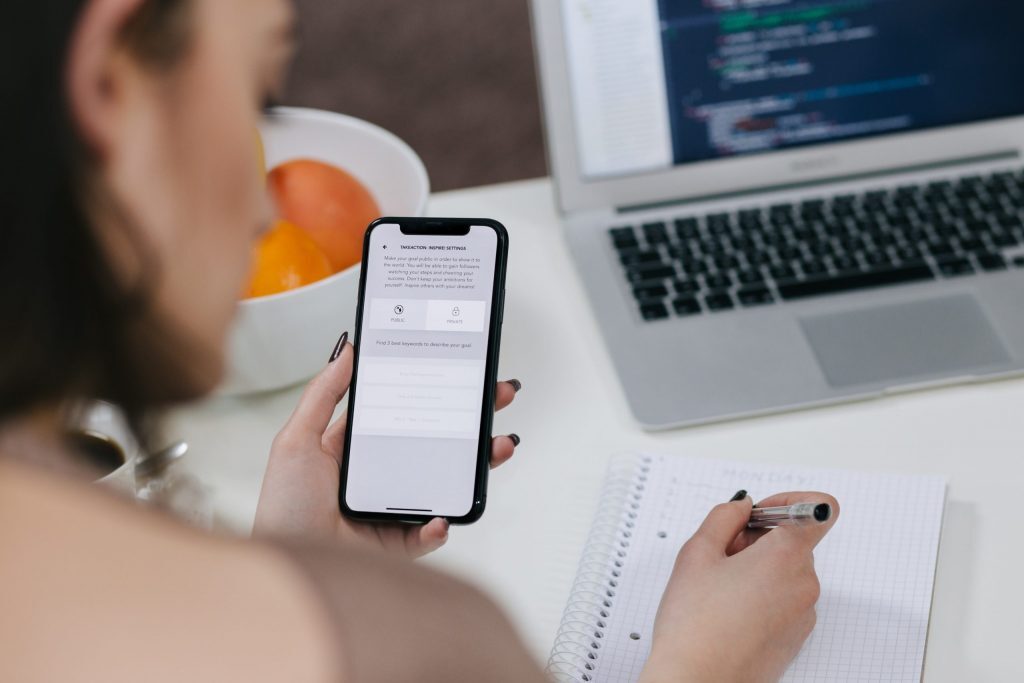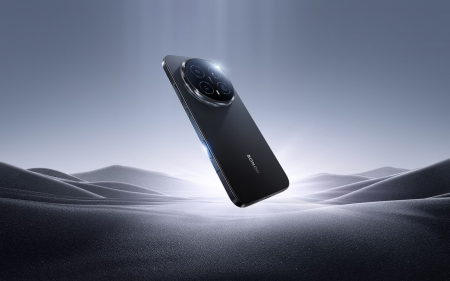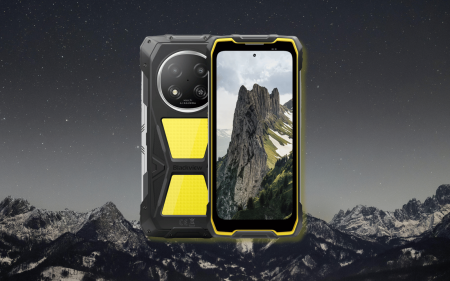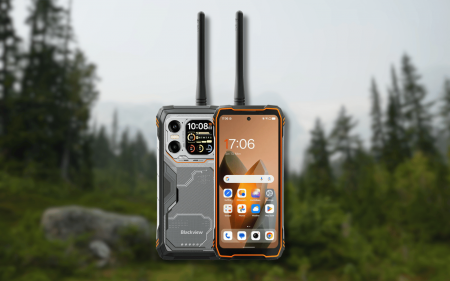The influence of technology within the field of BPO, or business process outsourcing, is unquestionable. The nature of various BPO solutions has undergone significant change thanks to numerous advancements in technology.
As Business World noted in late 2018, “according to ‘Business Process Outsourcing (BPO) — Global Strategic Business Report,’…the global market for BPO is projected to reach $262.2 billion by 2022, [partly] driven by…[the] availability of new generation technologies, such as process automation, big data analytics, cloud services, such as BPaaS, and embedded analytics-based BPO.”
While digital innovation continues to thrive within the BPO landscape, one prevalent and familiar form of technology has proven its usefulness, and that’s the smartphone. The integration of this handy device into the customer call centre has allowed customer experience and the contact centre environment to become simpler, more dynamic and more effective. Here’s how:
Multiple platforms
Smartphones offer a variety of means through which customers can interact with call centre agents. Thanks to several communication methods, which include photo and video sharing, a customer can share his or her information with the agent in an easier and more comprehensible format. Both the agent and the customer are able to understand each other better and the problem, whatever it may be, is more easily solved.
A human touch
The diversity of communication methods offered by smartphones can make for a customer service experience that is less impersonal and more conversational. People are used to communicating on their smartphones constantly, be it through messaging apps, video chat, or good, old-fashioned phone calls. It’s therefore important for call centre agents to offer their customers an experience of their services that is just as conversational as any other human interaction, especially when it’s about a problem they might be having with the company’s services.
Offer a customer service experience that involves co-browsing or screen sharing, rather than one that involves, say, email or interactive voice response. This will prove to be a lot more effective in resolving the issue at hand, will create a more conversational experience, and will add to your company’s positive track record.
Multi-tasking
This applies to the experiences of both customers and agents. When you’re operating a smartphone, it’s easy to perform other activities while doing so, either on that smartphone or on another device. This means that call centre agents can handle more than one issue simultaneously, while customers, who won’t want to devote too much of their time to the call centre, can focus on other matters while communicating with an agent, or use another device to verify the information shared with them by the agent.
Thanks to their versatility and popularity, smartphones are valuable additions to the customer service experience, both for customers and for call centre agents.




